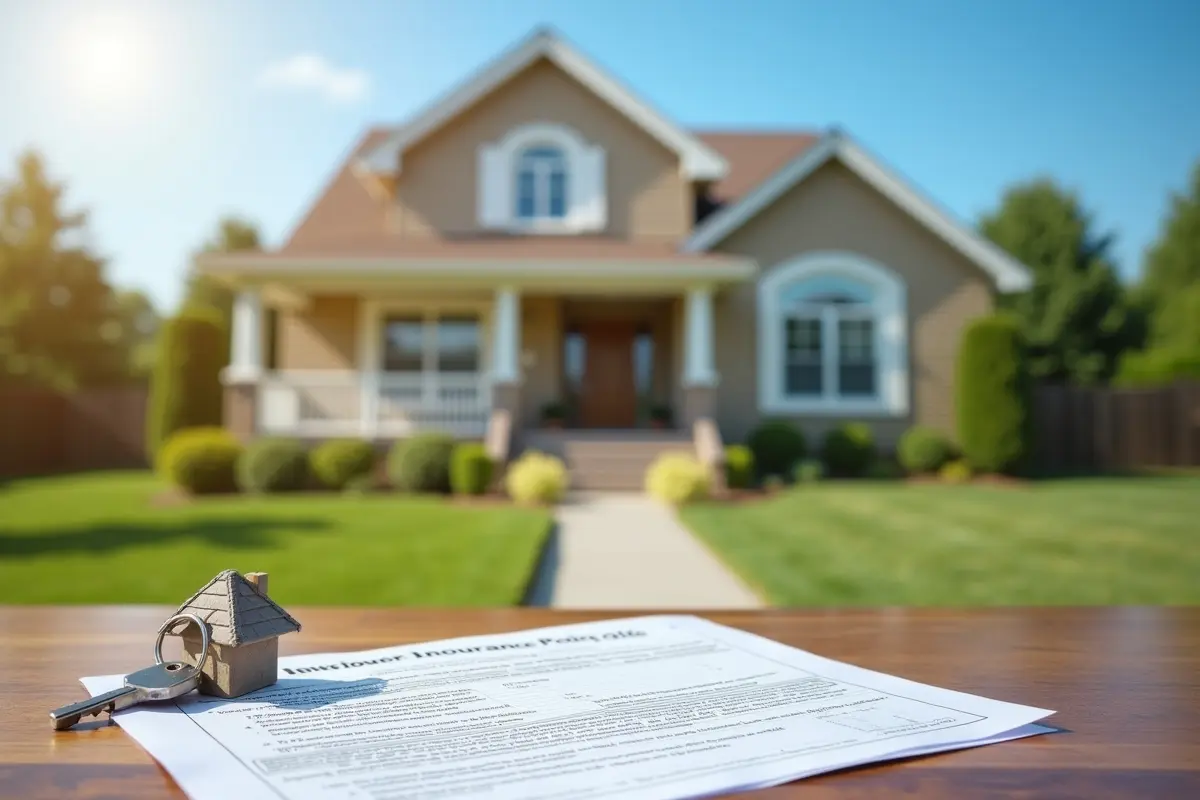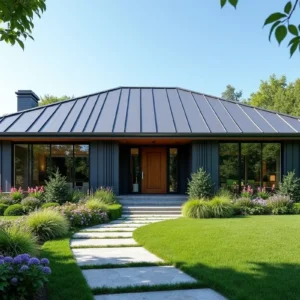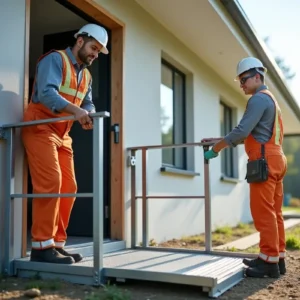When you buy a home, it’s likely the most significant investment you’ll ever make. Naturally, protecting that investment with the right homeowners insurance is a priority. But with so many factors affecting your policy, it can be hard to know exactly what you’re paying for—and why. If you’ve ever found yourself staring at your insurance documents, wondering what all those numbers and terms really mean, you’re not alone.
In this post, we’re going to break down the key factors that impact your homeowners insurance policy. From your home’s location to its construction materials, these elements can make a significant difference in the coverage you receive and the premium you pay.
Contents
Location, Location, Location
It might sound simple, but where your home is located is one of the biggest factors influencing your insurance policy. Why? Because insurance companies look at the risks associated with your area. For example, if you live in a place prone to natural disasters—think hurricanes, earthquakes, or floods—you can expect to pay more for your policy.
Not in a disaster-prone zone? There’s still more to consider:
Crime rates – Homes in areas with higher crime rates generally have higher premiums. The more likely your house is to be burglarized, the more the insurance company will charge to cover the potential loss.
Proximity to emergency services – If your house is located near a fire station or hydrant, that’s a bonus. Homes closer to emergency services tend to have lower insurance costs, as they are deemed less risky in the event of a fire.
Your Home’s Age and Construction
Next up is the age and construction of your home. These two elements tell the insurer how risky it might be to insure your property.
Older homes can be a joy to live in, but from an insurance perspective, they often come with their own set of challenges. They might have outdated electrical systems, older plumbing, or roofing that’s seen better days. All of these factors can raise the likelihood of something going wrong, meaning higher premiums for you.
In contrast, newer homes tend to have updated safety features, energy-efficient systems, and modern construction materials, which can lower your insurance costs.
As for the construction materials, the type of materials used in your home’s structure also plays a role. Homes built with brick or other fire-resistant materials are generally cheaper to insure than those made with wood, which is more susceptible to fires. Additionally, the overall sturdiness of your home—its ability to withstand the elements—will factor into your coverage costs when taking out homeowners insurance Colorado Springs.
Your Deductible
Ever wondered how much your deductible affects your policy? The deductible is the amount you’re responsible for paying out of pocket before your insurance kicks in. Choosing a higher deductible can help you lower your monthly premiums, but there’s a trade-off. If something happens, you’ll need to pay more before your insurance covers the rest.
The key is finding a balance that works for you. A higher deductible can mean lower premiums, but if you live in an area where damage is more likely, paying a little more each month for a lower deductible might save you money in the long run.
Home Features and Upgrades
Believe it or not, the features in your home can also affect your homeowners insurance. Things like security systems, smoke detectors, and updated electrical wiring can all play a part in reducing your premium. Insurers love to see homes that are equipped with safety features, as they decrease the likelihood of having to file a claim.
On the flip side, if your home has features that present a higher risk, like a swimming pool or trampoline, you may see your insurance rates go up. These items are considered “attractive nuisances,” meaning they could potentially lead to accidents or injuries, making them more expensive to insure.
Your Credit Score
Yes, your credit score can affect your homeowners insurance. While it may seem unrelated, insurers often use credit-based insurance scores to predict how likely you are to file a claim. If you have a higher credit score, you may be seen as a lower risk, which could lead to lower premiums. Conversely, if your credit score isn’t the best, you might end up paying more.
Keeping your credit score healthy can benefit you in more ways than one, and lower insurance premiums are just one of the perks.
Claims History
Your personal claims history, along with the history of claims on the home itself, can influence your insurance rate. If you’ve made several claims in the past, or if the previous owners filed multiple claims, insurance companies may view the home as riskier to insure, increasing your premium.
It’s a good idea to avoid filing small claims if possible. Instead, handle minor repairs out of pocket when you can, to avoid raising red flags with your insurer.
Coverage Amount
Lastly, the amount of coverage you select will naturally impact your policy. Basic policies offer protection for the structure of your home, but you might want additional coverage for personal belongings, liability, or other structures on your property like sheds or fences.
While it can be tempting to go for the minimum coverage to keep costs low, remember that it could leave you vulnerable in the event of a disaster. Balancing affordability with adequate coverage is the goal.
Wrapping It All Up
Homeowners insurance is more than just a necessary expense—it’s peace of mind. Understanding the factors that affect your policy can help you make informed decisions and ensure you’re getting the coverage that best suits your needs. By paying attention to your home’s location, construction, features, and even your own credit score, you can potentially lower your premiums while still staying well-protected.





